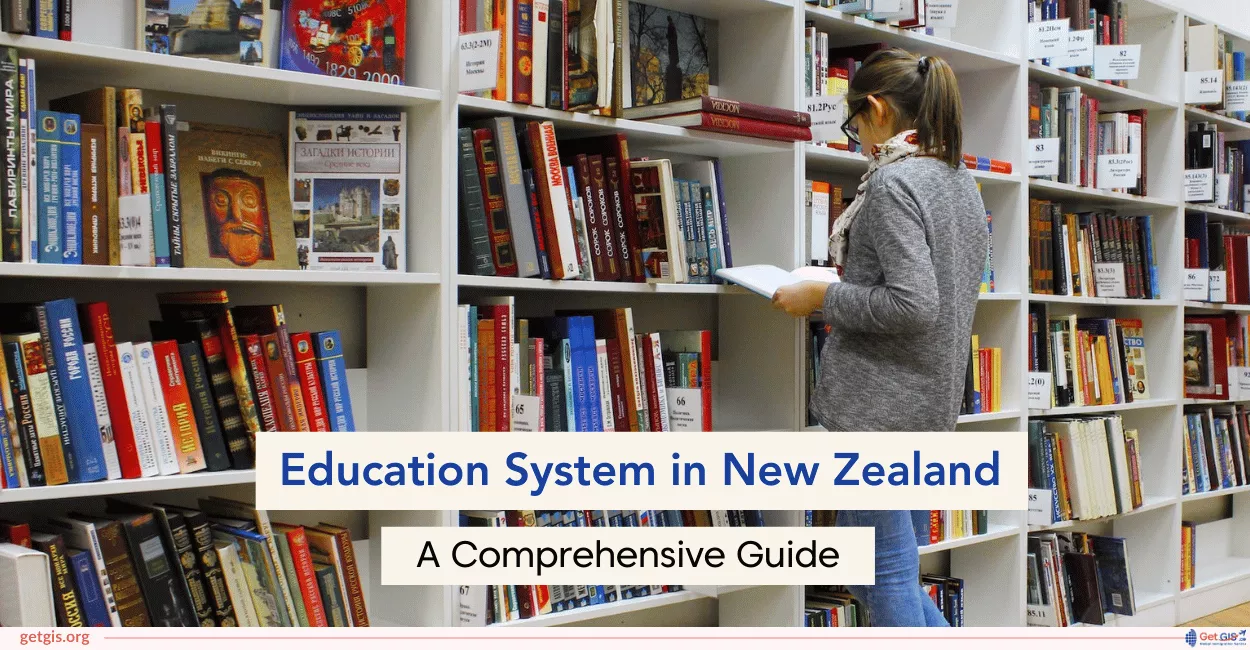In New Zealand, environmental education is a priority, with various initiatives and policies aimed at fostering ecological literacy and sustainable practices among students. Let’s explore how New Zealand prioritizes environmental education through different strategies and approaches:
1. Curriculum Integration:
New Zealand integrates environmental education into its national curriculum, ensuring that students learn about environmental issues, sustainability, and conservation across various subjects. This holistic approach ensures that environmental concepts are not treated as isolated topics but are instead woven into the fabric of broader learning experiences.
2. Te Reo Māori and Indigenous Perspectives:
New Zealand embraces its bicultural heritage by incorporating Indigenous perspectives, particularly those of the Māori people, into environmental education. Te Reo Māori, the Māori language, is taught in schools alongside environmental teachings rooted in Māori cultural values and traditions. This integration fosters cultural understanding and strengthens students’ connection to the land.
3. Outdoor Education and Field Trips:
New Zealand’s breathtaking natural landscapes provide an ideal backdrop for outdoor education and field trips. Schools frequently organize excursions to parks, forests, and coastal areas, where students engage in hands-on learning experiences such as nature walks, ecological surveys, and conservation projects. These immersive experiences deepen students’ appreciation for the environment and nurture a sense of stewardship.
4. Sustainability Initiatives:
Many schools in New Zealand implement sustainability initiatives to reduce their environmental footprint and promote eco-friendly practices. These initiatives may include recycling programs, composting, energy conservation measures, and sustainable gardening projects. By actively participating in these initiatives, students learn about the importance of sustainable living and environmental responsibility.
5. Community Partnerships:
Collaboration with local communities and environmental organizations is key to New Zealand’s approach to environmental education. Schools often partner with conservation groups, government agencies, and community volunteers to organize environmental workshops, clean-up events, and restoration projects. These partnerships provide students with opportunities to engage with real-world environmental issues and contribute to positive change in their communities.
Conclusion:
New Zealand’s commitment to environmental education underscores its recognition of the importance of environmental sustainability and stewardship in shaping a more resilient and equitable future. By prioritizing environmental education through curriculum integration, Indigenous perspectives, outdoor experiences, sustainability initiatives, and community partnerships, New Zealand aims to empower students to become responsible custodians of the planet.



